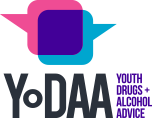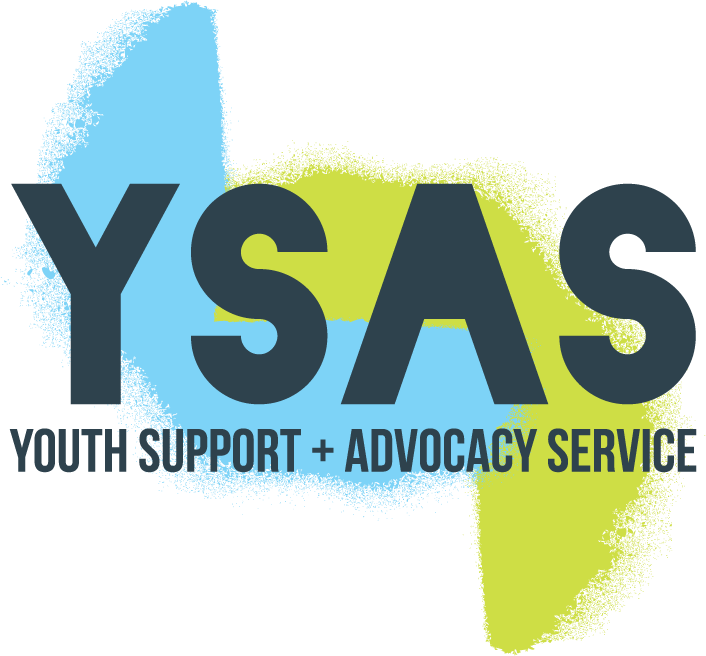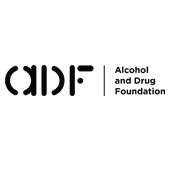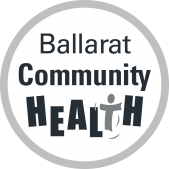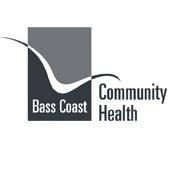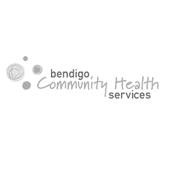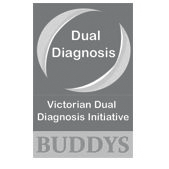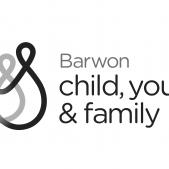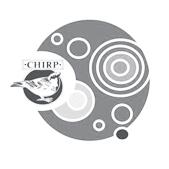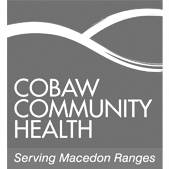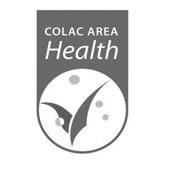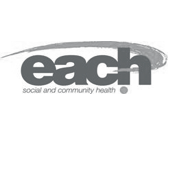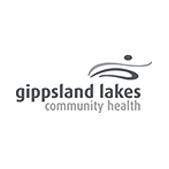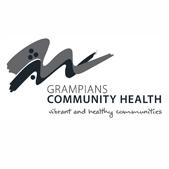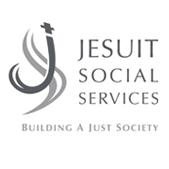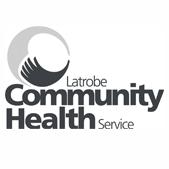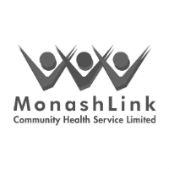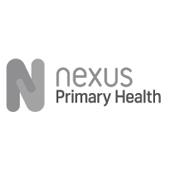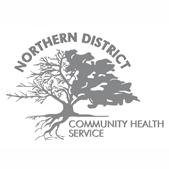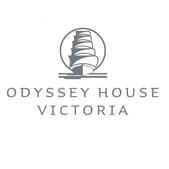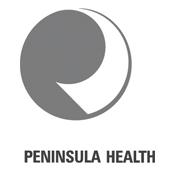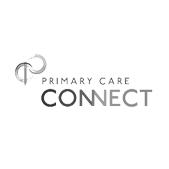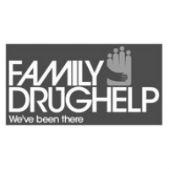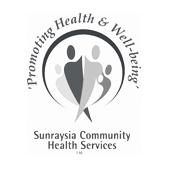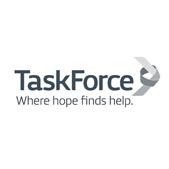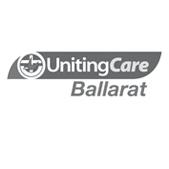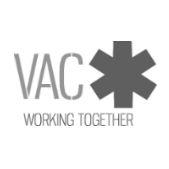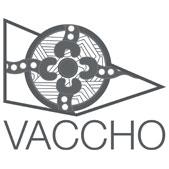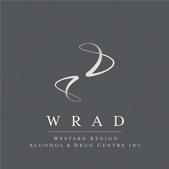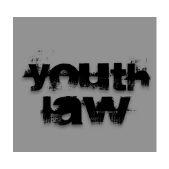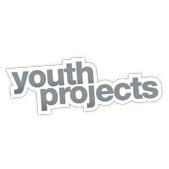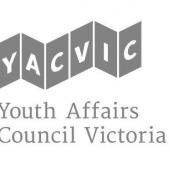Practice
Australian Youth AoD Conference 2017
Australian Youth AoD Conference 2017 was two big days, filled with lots of learning, networking and amazing content.
Identity - everyone has their own identity and they change over time. Understanding what shapes and impacts our own identity can help us better understand and work with young people experiencing difficulties.
As youth workers we are fortunate enough to play an important role in helping shape the identities of young people who we interact with. We understand that adverse life experiences can influence identity, can impact relationships, connection and coping skills. The 2017 Australian Youth AoD Conference helped us look closer at young people and their identity and even our own.
We are still collecting the slides from the presenters at the conference, if they are not currently up on the Youth AoD Conference website, they are on their way or contact YoDAA to let them know what you are after.
- Liana Buchanan delivered a powerful and passionate introduction to the conference. She highlighted the poor treatment of young people in the youth justice system and that we should never stop holding our communities to account for how these young people are treated, particularly when we lose sight of what these young people have gone through. We need to be aware that the language in media used to represent these young people can create a self-fulfilling prophecy for them. We walked away thankful that we have such a strong woman advocating for change for our children and young people.
- (The cheeky) Prof. Caroline Taylor has us all on the edge of our seats going from laughter to tears. Caroline shared with us the journey that her work has taken her on as well as what we as a sector can be doing to support those who have been affected by sexual abuse, violence and trauma.
- Prof. Pamela Snow helped us understand the importance of language. How the daily interactions and conversation with a baby can have a large impact on the rest of their lives. She took a moment to outline that young people with a development disorder or who comes from disadvantage really struggle with “simple” language.
If you are interested in Prof. Pamela Snow’s slides they are up on the Youth AoD Conference website. - Michael Coutts- Trotter shared with us his very personal story of substances, through services, prison and after. Michael brought it back to everyone in the room sharing his gratitude for workers who helped him in the past and encouraging us to never give up on our young people.
Workshops from the conference:
- Madeline Wishart debunked the myth that non suicidal self-harm was as attention seeking behaviour. Madeline also pointed out when addressing a young person’s wound a worker should not administer first aid themselves but should support the young person to do first aid themselves.
Update: Madeline Wishart's slides have been added to the conference website. - YSAS senior trainers shared new and up to date information on Cannabis, Methamphetamine, GHB and Heroin. We took away an understanding of the Binge- Crash pattern of methamphetamine users, the trends of GHB use and the Census Data relating to cannabis and developed a better understanding of all opioids.
-
Horace Wansbrough shared with us how Youth Work practice is taking a step forward in the way that we work with young people. Services are developing their understanding that bringing the families/carers into a young person’s treatment is beneficial for everyone. If you wish to explore family practice more you can speak with The Bouverie Centre, Jesuit Social Services – Strong Bonds or Dovetail – Working with families and significant others.
-
Crystal Moon & Madelaine Joyce Smales brought the very real and confronting perspective of what it is like for a young person going through services sharing their story and trusting that is held correctly. What we were able to take away from this workshop is that we as workers need to take step back think about the language we use when discussing and processing young people and their stories. They are incredibly sacred stories that they share with us and we are just momentarily holding them for the young person.
-
Indi Clark let us know about the new Koorie Youth Council Program run in conjunction with Youth Affairs Council of Victoria. The program is a state wide voluntary program run for young people who wish to provide a voice to government and community issues, contact Indi Clark by email for more information.
-
Dr. Kate Hall shared with us an update on ERIC (Emotional, Regulation and Impulse Control) with us.
-
Silvana Izzo opened our eyes and made us step outside the box of traditional treatment when it comes to working with young people who have experienced overwhelming life events. Understanding sensory motor play can help us connect with those young people who have been living in heighten emotional states. Sensory motor play allows those young people to take a pause, breath and refocus their attention for a moment.
-
Jo Howard asked us how much of our work is influenced by trauma. We got a realistic look at what family violence is, those who are affected by it and what role AoD has in it. Jo took her time to speak about how trauma affects a person’s neurobiology and specifically the adolescent brain.
If you are interested in Jo Howard’s slides from the conference they are up on the Youth AoD Conference website.
-
From Dr. Karen Hallam we learnt about schemas, how and why they develop in us as children and how they continue to develop and change throughout our lives. Dr. Hallam shared her very personal experience of humanistic and schema practice and share a case study that greatly impacted her. If you wish to learn more about schema therapy, we would suggest looking up Jeffery Young. Dr. Irvin Yalom discusses existential psychiatry help us to understand the human condition.
If you are interested in Dr. Karen Hallam’s slides from the conference they are up on the Youth AoD Conference website.
-
Paul McIntyre took us on a journey helping ground us after 2 big days at the conference and create a safe space for us to learn some mindfulness technique. He spoke about ensuring that we, as workers and people, have spaces to grow and move.
